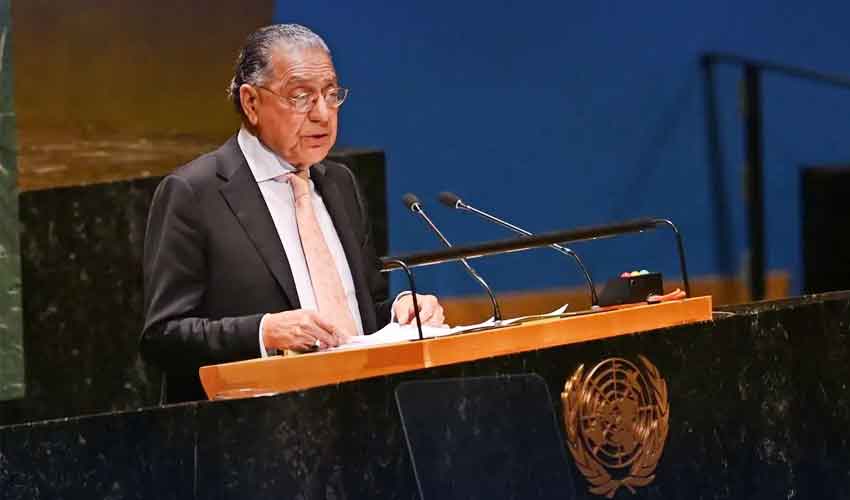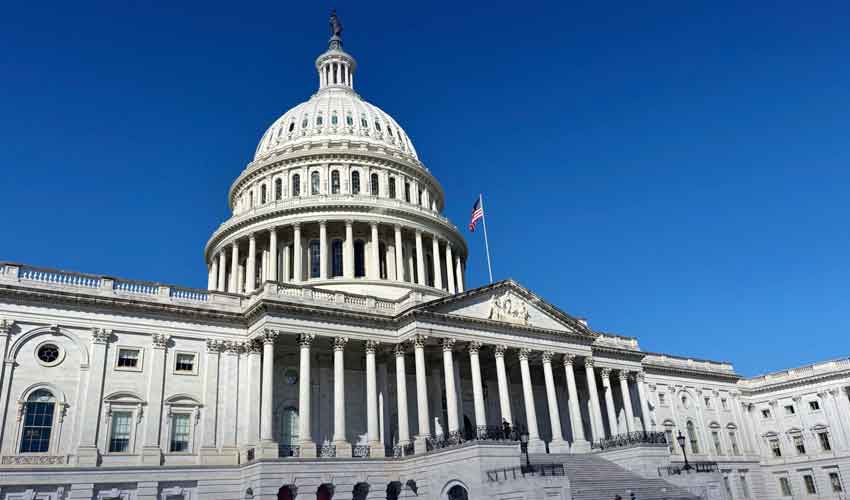Pakistan has raised alarms about a severe terrorism threat emanating from Afghanistan, drawing attention to the 34th UN monitoring team report that highlights this troubling issue.
In a statement at the UN Security Council, Pakistan’s Permanent Representative Ambassador Munir Akram warned of the increasing threat posed by the Tehreek-e-Taliban Pakistan (TTP), referred to as Fitna Al-Khawarij in Pakistan. He described the TTP as the largest terrorist organization in Afghanistan, actively conducting daily attacks against Pakistan with the full support and protection of the Afghan interim government and backing from Pakistan’s major adversaries.
Ambassador Akram expressed concerns about the TTP’s potential to destabilize the region, noting that the group is becoming an umbrella organization collaborating with secessionist factions like the Majeed Brigade. He warned that the TTP’s close ties with Al-Qaeda could soon make it a central force in Al-Qaeda’s regional and global terrorist activities.
Pakistan is prepared to work with regional and international bodies to counter the TTP threat and will continue its national efforts against the organization. Akram reaffirmed Pakistan’s commitment to supporting a stable and inclusive Afghanistan, which he believes is crucial for the country’s stability and normalisation.
The ambassador also criticized the Afghan interim government for its ongoing human rights violations, particularly against women and girls, and condemned their actions for silencing voices and failing to honour previous commitments regarding gender equality. He emphasized that these regressive measures contradict the principles of equality espoused by Islam.
Additionally, the ambassador highlighted the severe humanitarian crisis in Afghanistan, with 23.7 million people in need of aid. He urged the international community to fully fund the Afghanistan Humanitarian Needs and Response Plan, which has only received a fraction of the required $3.06 billion. Immediate funding is necessary to alleviate the suffering of the Afghan people.
In terms of economic support, Akram called for efforts to revive Afghanistan’s banking system, address the liquidity crisis, and unfreeze national reserves. Pakistan remains committed to expanding trade and commercial ties with Afghanistan and supporting regional infrastructure projects to foster economic stability.
The ambassador urged Kabul to fulfil its international responsibilities and warned that instability-promoting policies cannot be tolerated. He advocated for a clear and directed international approach to engagement with the Taliban, aiming for Afghanistan’s eventual reintegration into the global community.
Pakistan supports leveraging the recommendations of the Secretary General’s Special Coordinator Ambassador Feridun Sinirlioglu to guide reciprocal actions in counter-terrorism, human rights, political inclusivity, economic recovery, and easing sanctions.



























